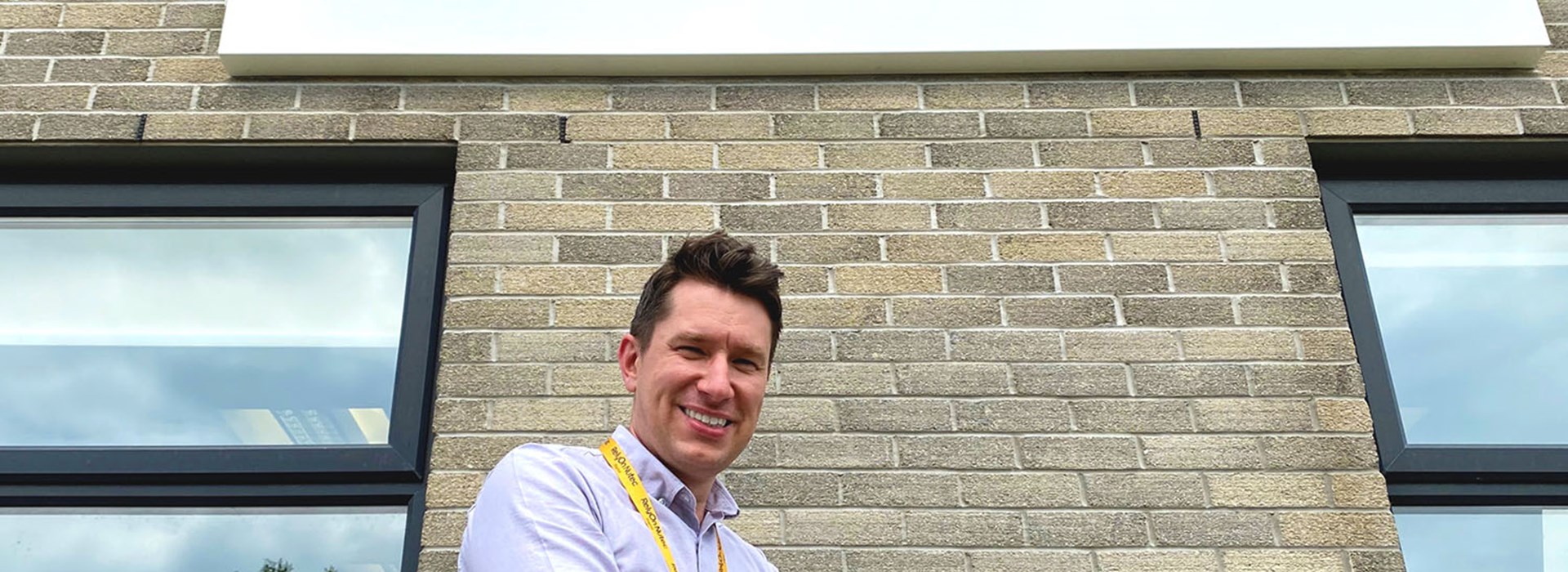Ok
With over 13 years’ experience in digital learning operations and a degree in Design for Digital Media, our Head of Digital Portfolio, Adam Sharp is ideally positioned to drive the company’s global digitisation initiative. He recently took some time out of his day to talk to us about the reasons he entered the field of digital learning, his role at RelyOn Nutec and the direction he sees the future of digital learning taking.
Adam joined the online training sector in its infancy having recognised the career opportunities available within an industry poised for excessive growth. As a result, he’s been witness to the explosion of digital learning which has been fast-tracked by the ongoing evolution of technology.
With 13 years’ experience under his belt, he joined us in January 2020 and is responsible for identifying RelyOn Nutec’s global digital requirements and delivering these to the digital team for development. He also manages our digital portfolio of training and applications, including the addition of new courses to the library and the implementation and analysis of new digital applications and acquisitions.
Having been focused solely on digital learning previously, Adam jumped at the opportunity to be involved with the wider training initiatives that we are introducing here at RelyOn Nutec, which include theory-based digital elements, traditional practical training, and a combined blended approach.
As such Adam was involved in the development of our flagship blended course, GWO Basic Safety Training, which has an online component that provides individuals with the prerequisite knowledge and awareness levels necessary to participate in our onsite practical training sessions. The development of this initial blended course has paved the way for future efficiencies in our training, saves companies and individuals time and money, and has proven to ensure knowledge retention of theory elements.
Adam also spoke to us about the personalisation of training, an initiative which will see us generate an adaptive model focused on individual training needs, where traditional 60-minute courses will be a thing of the past and each learner will have a training programme tailored to their unique knowledge requirements. He calls this adaptive learning a ‘bold step’ but anticipates that it will change the way we view e-learning forever.
Looking to the future, Adam recognises that in order to thrive in an ever evolving and competitive industry, we need to continuously explore innovations in digital training techniques. Drawing our attention to online social platforms and the ways in which users engage with these, he suggests that we may have to look to ways to integrate and control the ability to train and educate via these platforms.
Next read
-

-

-
 Article 14. June 2024
Article 14. June 2024 -

Ensuring Safety and Efficiency: IRATA Rope Access Training for a Safer Work Environment
In industries such as oil & gas and renewables, where accessing challenging locations is common, rope access methods provide a safe and efficient solution. These methods offer technicians a secure means of navigating heights and restricted areas while minimizing environmental impact. However, proficiency in rope access requires proper training and a globally accepted safety education.
Article 4. June 2024 -

Polaris Sells RelyOn Nutec to Mubadala Capital
The acquisition, part of Mubadala Capital’s flagship Private Equity Fund IV, strengthens the asset manager’s footprint in the business services sector.
Article 24. May 2024 -

RelyOn Nutec Acquires Electrical Training and Consultancy Specialist Quercus Technical Services, Fast-tracking European Electrical Capability Build
Effective May 21st, RelyOn Nutec has acquired Quercus Technical Services BV, one of the largest specialist electrical safety and skills training organizations in the Netherlands. The acquisition of Quercus bolsters RelyOn Nutec’s position in the electrical training market and accelerates its European roll out.
Article 22. May 2024 -

-
 Article 2. May 2024
Article 2. May 2024
